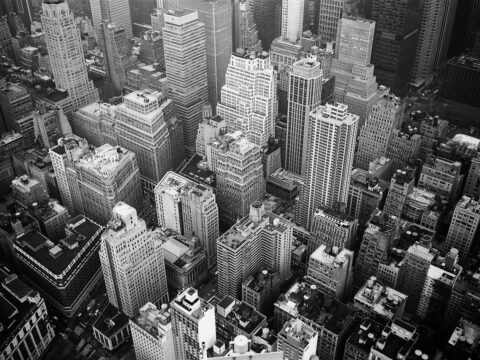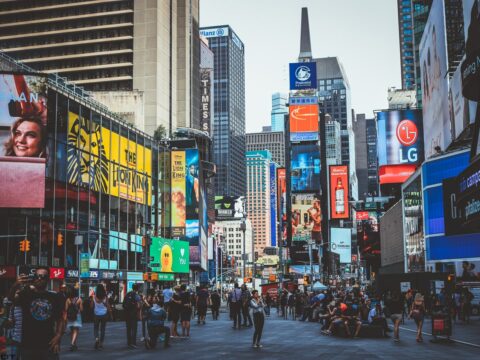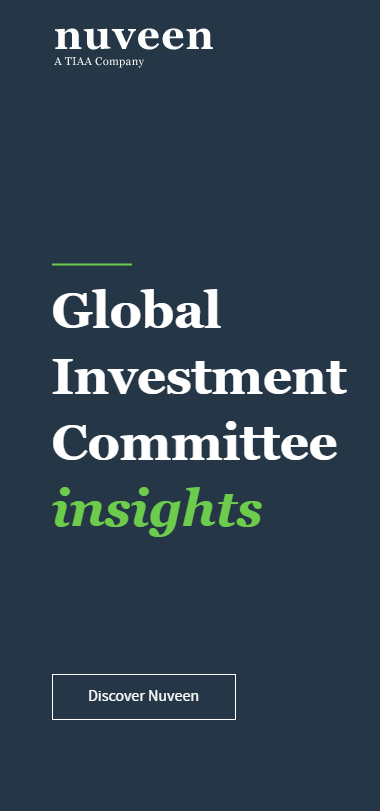
Time and again, American voters forgive politicians with bad ideas – so long as they possess slick delivery. Often, voters just love bad ideas because they really don’t know any better.
Even in enlightened New York City, activists and voters are susceptible, overwhelmingly passing Ballot #4 on November 5 which, among other things, creates a “rainy day fund” in the City’s annual budgets. State approval is now needed before the City can establish the fund.
An issue like setting up a rainy day fund is as populist as they come. After all, who doesn’t want an umbrella during a rain day? Who could possibly oppose the creation of a reserve fund that can be used for contingency costs and offset revenue declines during economic slowdowns?
Turns out, a major union did.
DC37 – the largest municipal union in the City, with over 175,000 active members – issued this statement on their blog:
Proposal #4 calls for the creation of a mysterious “rainy day fund” without any clarity about where the money comes from – or where it will go. And at a time when many city agencies are understaffed and as the union pushes to resolve issues that have left too many “hard-to-recruit” titles unfilled, we are troubled by the creation of any “fund” that, without proper oversight and accountability, could too-easily be diverted from resources needed to support and maintain public services.
In contrast, elite opinion is overwhelmingly in favor of creating a rainy day fund. The Bond Buyer published an article today quoting approvals from city officials and all three major rating agencies on the passing of Ballot #4.
The Bond Buyer quoted S&P Global Ratings saying:
“(We believe) that this reserve could stabilize the city’s financial position during an economic downturn when personal income and sales tax collections could soften, such collections being the city’s main sources of operating revenue.”
Moody’s and Fitch similarly issued supportive statements, according to the article from The Bond Buyer.
The problem – if you are wondering about the thrust of this article – is “stability” is not the same as resiliency and flexibility. In fact, stability is often a barrier to other key attributes that have served New York City very well through its financial crisis in the 1970s to today.
A governmental issuer with a near-$100 billion annual budget like New York City is bound to make all sorts of mis-judgements and mis-estimates in projects, priorities and people. Absent of a rainy day fund, the City is forced to economize in lean years – unproductive projects are shut down; unproductive people are reassigned. Financial discipline is restored each time the City is forced to balance a budget during difficult economic times.
It’s hard to imagine how this natural pruning process can take place when and if the City starts accumulating formal reserves in the billions or tens of billions. Did we hear Mayor DeBlasio say the Riker prison replacements would cost $8 billion? Why not just add another billion dollars of investments so inmates can complete college degrees while serving time? Why not just provide free subway rides to all? Or free housing to anyone who crosses State borders and “promises to work in-state for 3 years”? Shouldn’t the City pay smokers to stop smoking, for the benefit of all?
Why not indeed given the plethora of worthy and woke causes everywhere in and around New York City. Even better – a large portion of the City’s revenues comes from Wall Street firms, Big Pharma and real estate. We all wait to help the good guys and punish the bad guys, right?
You get the idea. Will any brave Democrat in New York please stand up?
We’ve been on this road before. Tell everyone how much cash you have stowed away. In no time, you’ll be back at the same place you started or worse.
Lisa Lopez is a freelance contributor and financial journalist. Write to LLopez@buymuni.com.



